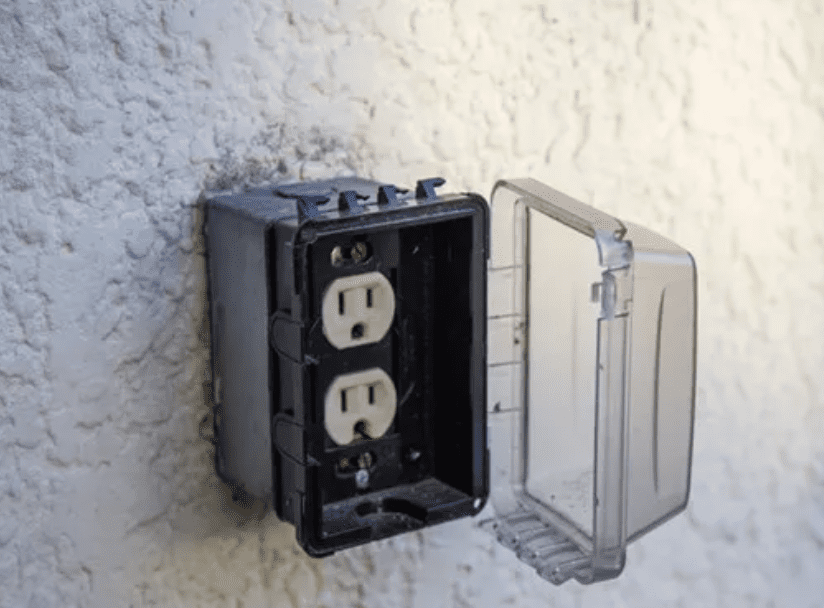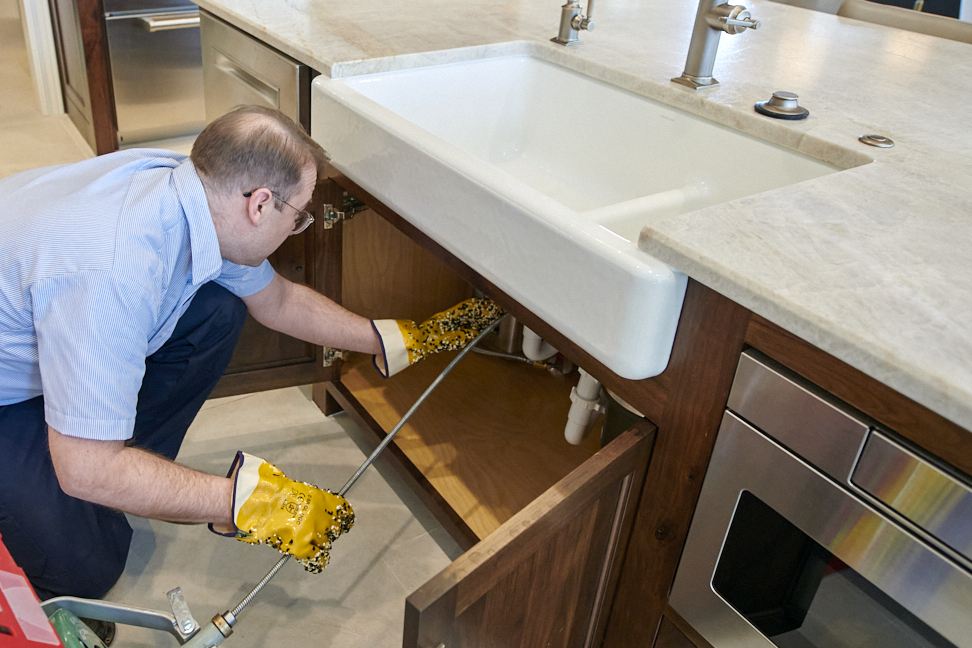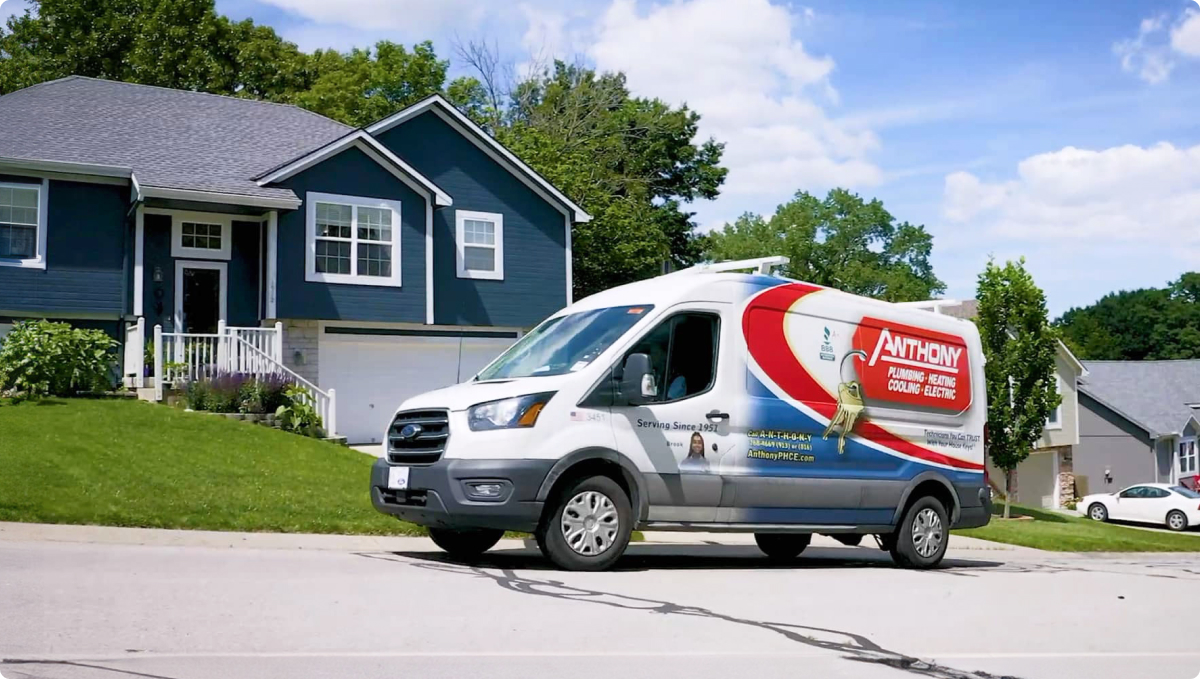BLOG
6 Electrical Safety Tips for Homeowners!
May 1, 2023

May is National Electrical Safety Month, and it’s the perfect time to focus on residential electrical safety. Many electrical accidents happen in homes, but with knowledge and awareness, you can help prevent these incidents from occurring.
Here are some tips to keep your home safe:
- Check your wiring: Old, outdated wiring can be a safety hazard, especially in older homes. If you see wires with cracked or discolored insulation, they need to be checked by an electrician. If you’re not sure your wiring is safe, have a licensed electrician come out and inspect it.
- Have Ground Fault Circuit Interrupter (GFCI) outlets installed which are designed to protect against electrical shock by shutting off power when a current flows through an unintended path. Install GFCI outlets in areas that are prone to moisture, such as kitchens, bathrooms, and outdoor areas.
- Use surge protectors: Power surges can damage your electrical appliances and potentially start a fire. Use surge protectors to protect your devices and appliances.
- Don’t overload outlets: Overloading outlets will lead to overheating and potentially start a fire. Use power strips to help distribute the load and avoid overloading outlets.
- Keep electrical cords away from water: Water and electricity don’t mix, so make sure to keep electrical cords away from water sources. This includes appliances such as hair dryers, curling irons, and electric razors.
- Call a licensed electrician: If you’re uncomfortable working with electricity, don’t attempt any repairs yourself. Always call a licensed electrician to handle any electrical work in your home.
In conclusion, residential electrical safety is an important issue that shouldn’t be ignored. By following these tips and being aware of potential hazards, you can help prevent electrical accidents and keep your home safe. Happy National Electrical Safety Month!
Share this article
Recent Posts
Schedule Your Service Today
Need heating, cooling or plumbing services? Call or schedule your appointment online and experience the Anthony difference today.
Schedule Online
Check Out Our Specials
Claim exclusive discounts to insure your home's comfort and reliability without breaking the bank!
Specials


